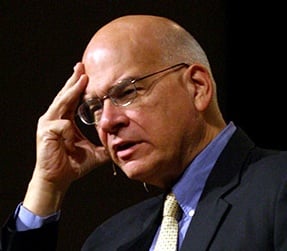
Tim Keller and Greg Boyd have the same message: eschew all idols and devote yourself completely to the one God, the God of the Lord Jesus Christ.
Tim Keller, pastor of Redeemer Presbyterian in NYC, in Counterfeit Gods: The Empty Promises of Money, Sex, and Power, and the Only Hope that Matters treats the subject of the idol of money in chp 3 of his fine book.
treats the subject of the idol of money in chp 3 of his fine book.
“The new explosion in executive salaries, the increased emphasis on luxury goods, the rapacious deals that make millions for the deal makers at the expense of thousands of common workers, the lack of concern about steep debt … all of these represent profound social changes in our society” (49-50).
Question: How much do we dance with this financial world?
We dwell in a culture of greed. Can we see it in ourselves?
As a pastor, Keller says he’s never had a person confess greed to him. Every other sin, but not greed and his point is we don’t see it in ourselves.
But Jesus emphasizes greed: the love of money, anxiety about money, he warns about loving money, trusting money, and obeying money. So he sees the whole message of the counterfeit god of money in Zacchaeus. Once again, Keller combines a psychological reading into with clear biblical teaching — and some regula fidei (he finds Zacchaeus trusting in God’s grace) to expound this text.
Zacchaeus gives up 50% — and he shows that the generosity of grace outstrips the tithe for followers of Jesus. Zacchaeus practiced justice as well.
Then follows a discussion of deep idols — the depth of our motivations and heart — and surface idols
I agree with Keller’s theological readings and the big message he is presenting, but he’s outstripping what the text says in some of this. Zacchaeus experienced the grace of forgiveness but to turn that into Zacchaeus learning that he couldn’t trust in his moral performance says more than the text. What he offers at times is a theological reading of the text, and it is a theology widely shared but not by all.
